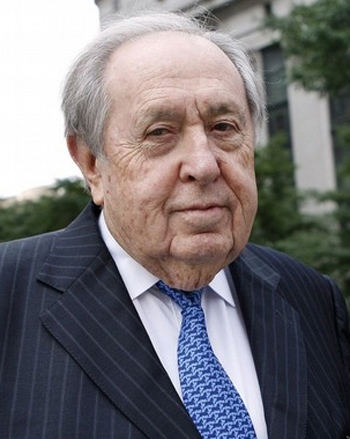 Although some have questioned his business ethics, no one has ever questioned that legendary Houston oilman Oscar Wyatt is good at hedging risk.
Although some have questioned his business ethics, no one has ever questioned that legendary Houston oilman Oscar Wyatt is good at hedging risk.
After Wyatt was sentenced yesterday to a year in prison as a result of his plea deal (previous posts here), my sense is that Wyatt hedged the trial penalty risk (i.e., a life sentence) in an reasonably effective manner.
Meanwhile, in another plea deal, a tenured economics professor at the University of Pennsylvania faces a likely prison sentence of four to seven years for bludgeoning his wife to death. The professor says he “just lost it.”
What must Jamie Olis think about that as he finishes serving what will almost certainly be a longer sentence than the professor will serve?
And what about Chalana McFarland, a first-time offender who was sentenced to 30 years in prison in connection with a mortgage fraud scheme. Ellen Podgor is following that case.
Or former Enron executive Jeff Skilling, who continues to serve a 24-year sentence for simply availing himself of a forum in which to defend himself against charges that are far more nebulous than murder or mortgage fraud?
Finally, tomorrow afternoon in Houston federal court, the NatWest Three, three former bankers from the U.K. who have been forced to live in Houston apart from their families in the U.K. for the past year and a half, will likely enter into a plea deal in order to hedge the considerable risk of a lengthy prison sentence if they were to defend themselves in a U.S. court from Enron-related charges that U.K. authorities concluded were too weak to merit a prosecution there (see previous posts.
Is the draconian trial penalty in the American criminal justice system really generating the type of results that a truly civil society wants?
Update: The real NatWest Three deal.
